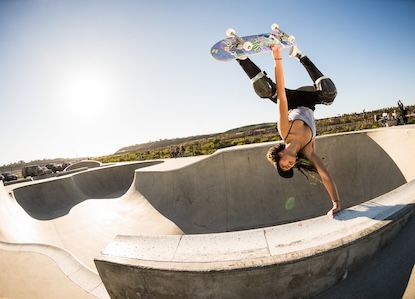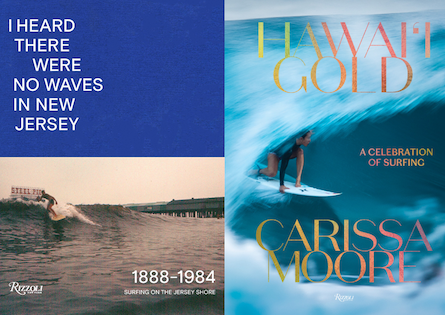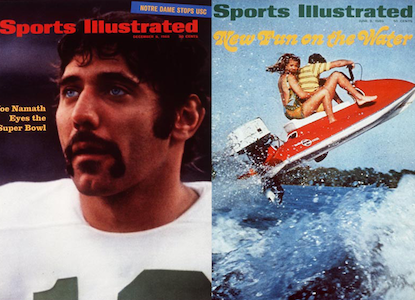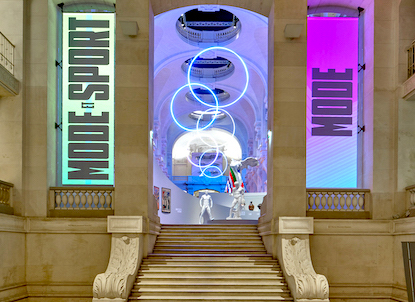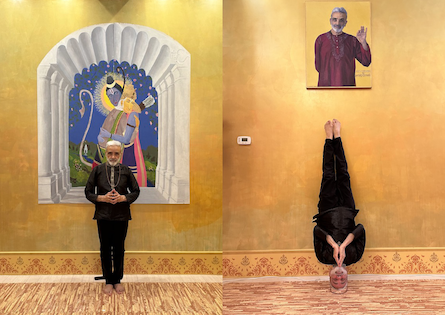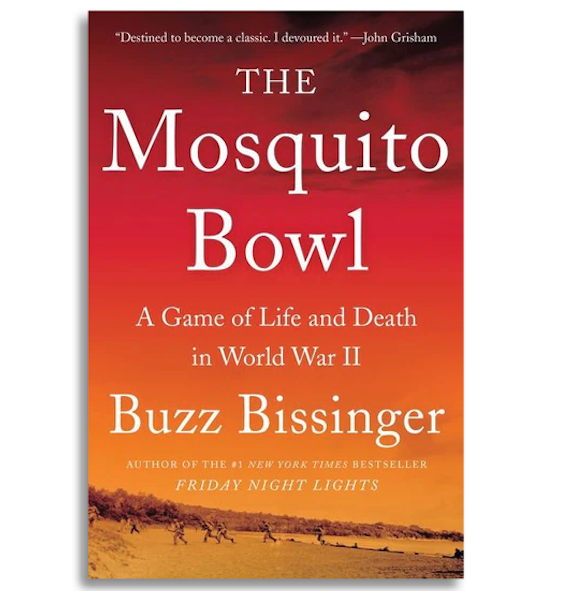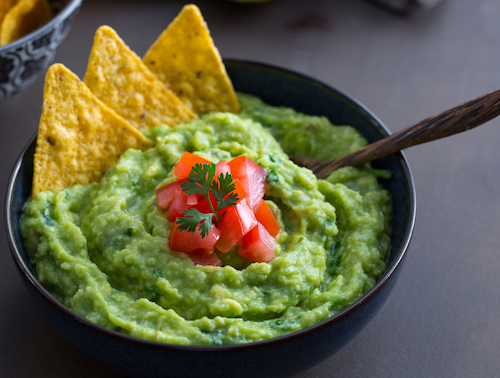On Christmas Eve 1944, two all-star football teams took the field to play the game of their lives. They were former collegiate players, record breaking All-Americans, and team captains from schools like Cornell, Notre Dame, Wisconsin, and Brown who represented one of the greatest pools of football talent ever assembled. They should still have been playing at these universities, but instead here they were in the middle of the Pacific ocean, on an island called Guadalcanal. Now U.S. Marines, they were training for what would be the bloodiest battle of WWII, the battle of Okinawa. That football game became known as “The Mosquito Bowl”.
“It was over a few beers that former collegiate football players in the 29th Regiment of the 6th Marine Division stood toe-to-toe with former collegiate football players of the 4th Regiment and made the emphatic claim that the 29th would kick the 4th’s ass if there was ever a football game between the two”, writes Buzz Bissinger in his newest book The Mosquito Bowl, “which of course was preposterous in a place like Guadalcanal with a war going on.”
When the Japanese attacked Pearl Harbor, college football was at the height of its popularity. As the nation geared up for total war, one branch of the service dominated the aspirations of college football stars: the United States Marine Corps. “If you merged the players from the 29th and the 4th into one team, it would not only have posed a challenge to any National Football League franchise, with proper training it most likely would have beaten most of them, as the aggregate included sixteen players who had already been drafted by pro football or would receive offers.”
“At the Mosquito Bowl they were college kids again. They were not going to die or see others they loved die. They were going to do what they had done for so much of their lives. They were going to play football.”
Of the 65 players who suited up for The Mosquito Bowl, 15 would be killed at Okinawa, by far the largest number of American athletes to die in a single battle. “This is not a sports book, even though every bookstore has it in the sport section,” said Bissinger at a recent talk he gave at The New York Society Library. Bissinger is also the Pulitzer prize winning author of Friday Night Lights, 3 Nights in August, and Prayer for the City. “This is a book about war.”
In fact, there is only a short section about the actual game in the book. Writing with the style and rigor that won him the Pulitzer Prize, The Mosquito Bowl painstakingly tells the stories of brave and innocent young men, their families and the American landscape that shaped them, who went to war when they should have been playing football. It is about a far more innocent time in college athletics and the life of the country, and of the loss of that innocence. “War is about death, bated in heroism”, added Bissinger, “the gung ho innocence that turned into the darkest horror. The Mosquito Bowl is the story of those who survived and those who did not.”
For Bissinger, The Mosquito Bowl has a personal connection as well. His father had been a Marine at Okinawa, although he makes the point in the preface this was not the reason for writing the book. His father rarely spoke about it, and to ask he felt would have been a violation. In doing his research for the book, however, Bissinger looked up the military records of those he would be writing about. “As I conducted my inner debate, the irony of researching the careers of others but not my father’s seemed crazy. I wanted to respect his privacy, but I realized I had to know.” There he saw his father’s name listed, Harry G. Bissinger. “His name is my name. He was a rifleman in one of the 4th regiments I was writing about. He could have been at The Mosquito Bowl.”
The Mosquito Bowl has a personal connection for me as well. Buzz is my first cousin, his father was my uncle, married to my father’s sister. We were all very close growing up. Like all of my cousin’s books, The Mosquito Bowl is a masterfully written, emotionally driven, powerful read. I’ll argue it is a book about sports and a book about war, especially for those who played in that game. “At the Mosquito Bowl they were college kids again. They were not going to die or see others they loved die. They were going to do what they had done for so much of their lives. They were going to play football.”
Click here to watch Buzz Bissinger’s talk about The Mosquito Bowl at The New York Society Library. The Mosquito Bowl is available at Amazon.com








